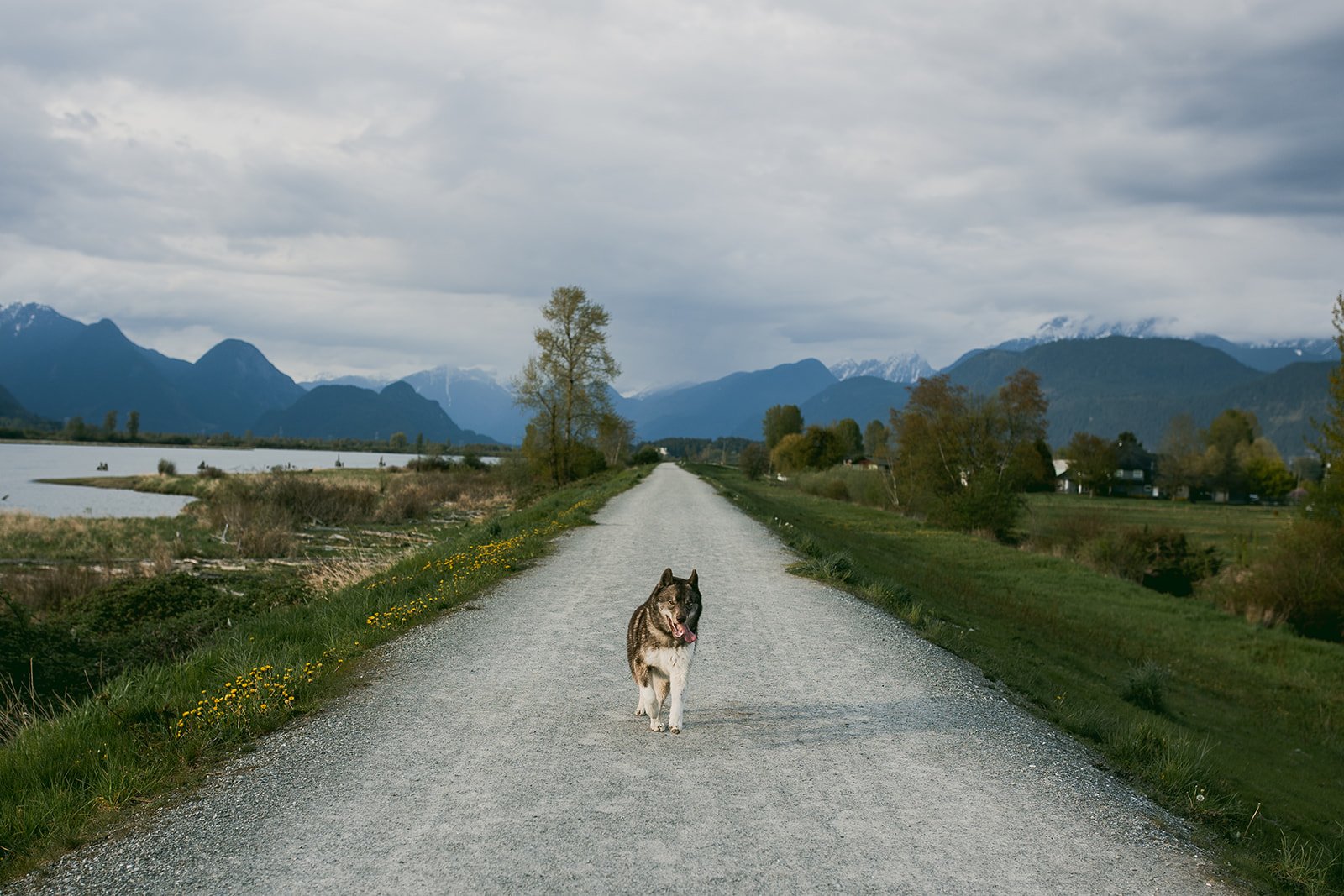Effective Training Techniques to Boost Your Dog's Confidence
Introduction:
Confidence plays a vital role in a dog's overall well-being and behavior. Just like humans, dogs benefit from feeling secure, self-assured, and capable of handling various situations. A confident dog is more likely to exhibit positive behaviors, interact well with others, and enjoy a happier, more fulfilling life. As responsible pet owners, it's our duty to help boost our dogs' confidence through effective training techniques. In this blog post, we will explore practical ways to empower your furry friend and enhance their self-assurance.
Positive Reinforcement:
Positive reinforcement is a cornerstone of effective dog training. By rewarding desired behaviors with praise, treats, or toys, you motivate your dog to repeat those actions, progressively building their confidence. Focus on catching your dog in the act of doing something right and reinforcing those behaviors consistently. By associating good behavior with positive outcomes, your dog will feel more confident and eager to please.
Structured Training Sessions:
Structured training sessions provide dogs with a clear understanding of what is expected of them, fostering confidence. Break training into small, achievable steps and gradually increase the difficulty. Start with basic commands such as sit, stay, and come, and gradually move on to more complex tasks. Each successful accomplishment boosts their confidence and strengthens the bond between you and your dog.
Socialization with Other Dogs:
Ensuring your dog has positive interactions with other dogs is crucial for their social development. Organized playdates or group classes offer controlled environments where dogs can socialize and build confidence around their peers. Encourage positive interactions and reward your dog's good behavior during these sessions. This experience helps them understand appropriate social cues and increases their confidence in various social settings.
Exposure to New Environments and Stimuli:
Introducing your dog to new environments, sights, sounds, and smells helps them develop confidence and adaptability. Start with small, manageable exposures and gradually increase the complexity. Provide positive reinforcement and plenty of encouragement throughout the process. Over time, your dog will grow more comfortable with new experiences, building their confidence in the face of novelty.
Agility Training:
Participating in agility training is an excellent confidence-building activity for dogs. It involves navigating obstacle courses, which enhances their problem-solving skills, coordination, and overall confidence. Start with simple courses and progress to more challenging ones as your dog gains confidence. Celebrate each accomplishment with positive reinforcement, strengthening their self-assurance.
Desensitization and Counterconditioning:
Desensitization and counterconditioning techniques are effective in building confidence for dogs with specific fears or anxieties. Identify the triggers that cause fear or stress in your dog and gradually expose them to these triggers in a controlled and positive manner. Associate the triggers with positive experiences, such as treats or playtime, to change your dog's emotional response. Over time, their confidence grows as they learn to view these triggers in a more positive light.
Building Trust through Consistency:
Consistency in training builds trust between you and your dog, fostering confidence. Establish clear rules and boundaries, and make sure everyone in the household follows them consistently. Dogs thrive in a predictable environment where they feel secure. By consistently reinforcing positive behaviors and providing a stable routine, you create an environment that allows your dog's confidence to flourish.
Conclusion:
Boosting your dog's confidence takes time, patience, and consistency. By incorporating positive reinforcement, structured training sessions, socialization, exposure to new environments, agility training, desensitization, and building trust, you can empower your furry friend and help them become more self-assured. Remember, a confident dog is more likely to exhibit positive behaviors and enjoy a happier, more fulfilled life. As responsible pet owners, it's our duty to support our dogs in developing the confidence they need to navigate the world with ease. By applying these effective training techniques, you can enhance your dog's confidence, strengthen your bond, and create a harmonious and fulfilling relationship.

